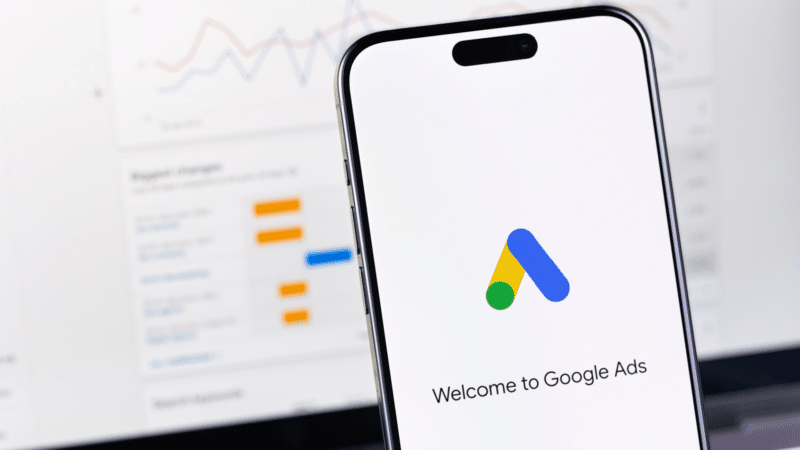
Avoiding Common PPC Pitfalls: Insights for 2024 Google Ads Optimization
In the rapidly evolving world of digital advertising, optimizing Google Ads campaigns effectively is paramount for success. With PPC (pay-per-click) advertising continuously becoming more sophisticated, there are numerous common mistakes that advertisers must sidestep to enhance their campaign performance. This article highlights key error-prone areas that can impede success, with particular focus on the importance of diligent management and precise decision-making.
One of the most significant oversights in PPC management lies in inconsistent conversion tracking setup. Accurate tracking is essential for assessing campaign performance correctly. Advertisers often grapple with varied attribution methods and shifting conversion windows, leading to invalidated data and misguided insights. By reducing discrepancies in conversion tracking, marketers can derive more reliable data that informs strategic optimization decisions.
Moreover, advertisers frequently ignore the power of exact match keywords. While Google increasingly advocates for broader match terms, exact match keywords often deliver superior conversion rates. By incorporating a balanced mix of keyword types, marketers can ensure a broader yet targeted reach that aligns with user intent. Ignoring this aspect can lead to suboptimal targeting, diminishing the effectiveness of ads.
Consistency is critical in maintaining campaign settings across all Google Ads accounts. Inconsistent campaign settings regarding excluded regions and ad scheduling can lead to disjointed user experiences and reduced effectiveness. Streamlining these settings paves the way for coherent management, yielding better performance metrics.
Additionally, the nuances surrounding ad strength implications deserve attention. Contrary to common belief, lower strength ads have the potential to outperform in conversion metrics. Advertisers should thus aim for a more nuanced understanding of how ad strength correlates with actual performance, rather than simply adhering to Google’s quality score assessment.
As campaigns evolve, failing to add top search terms as keywords represents another frequent misstep. Advertisers should actively update their keyword lists to reflect popular search terms, steering ads toward more pertinent audiences. Overlapping ads from various ad groups can arise from neglected search matching, underscoring the necessity for constant refinement.
Understanding the appropriate usage of broad match keywords can further complicate campaign management. While broad match has its merits, its effectiveness hinges significantly on the bidding strategy employed. Generally, utilizing target bidding as opposed to max bidding optimizes performance more effectively when using broad match keywords.
Maintaining an updated list of negative keywords is crucial as well. Stale lists can inadvertently block beneficial keywords leading to missed impressions and opportunities. A systematic review process ensures that campaigns remain flexible and competitive in a dynamic landscape.
Notably, blindly accepting Google recommendations can sometimes be counterproductive. Advertisers should critically evaluate these suggestions, as some may contradict the specific needs of their campaigns. Promoting user judgment over automated suggestions tends to yield better alignment with business goals.
The dialogue surrounding the role of AI in PPC campaigns necessitates caution. While AI tools bring significant advantages to marketers, overreliance can strip away vital human insights crucial for nuanced decision-making. Successful campaigns hinge on this delicate balance, leveraging AI without undermining human oversight.
For those looking to maximize their online presences, tools like URL shorteners are crucial. A custom domain for short link management not only enhances brand visibility but also augments tracking capabilities across campaigns. By analyzing data through custom links, advertisers can better understand the efficacy of marketing endeavors, reinforcing the importance of real-time adjustments for optimal performance.
Additionally, employing short link makers from platforms like BitIgniter or LinksGPT provides valuable insights into user engagement. This data can be instrumental in aligning ad strategies with actual consumer behavior, ensuring that campaigns remain relevant and effective in an increasingly crowded digital marketplace.
In conclusion, the journey towards optimizing Google Ads campaigns in 2024 must involve a keen focus on avoiding common pitfalls while embracing strategic tools and methodologies. Ensuring consistent management, updating practices, and leveraging both human intuition and technological assistance will elevate PPC successes.
#BitIgniter #LinksGPT #UrlShortener #PPC #DigitalMarketing #SEO #AdWords #GoogleAds
想了解更多:阅读更多

